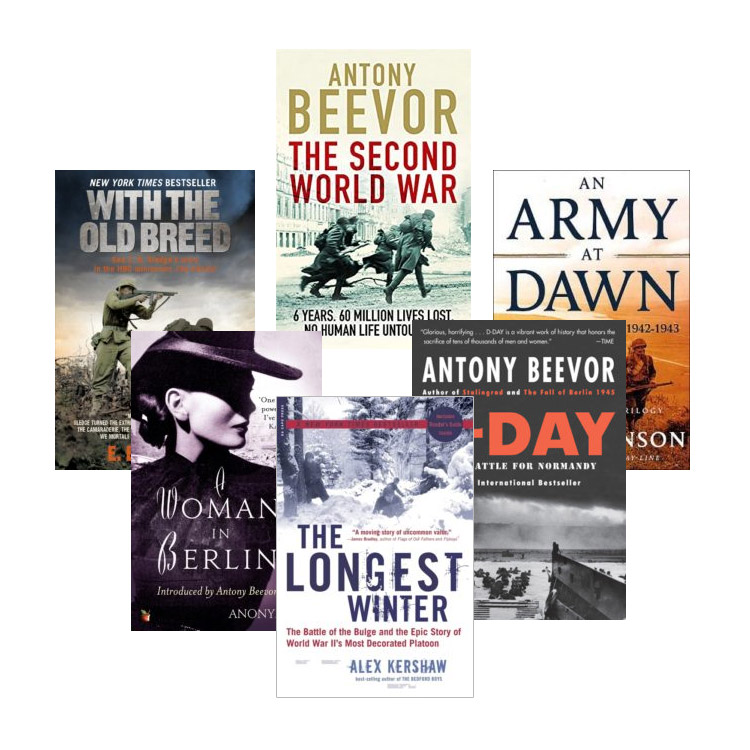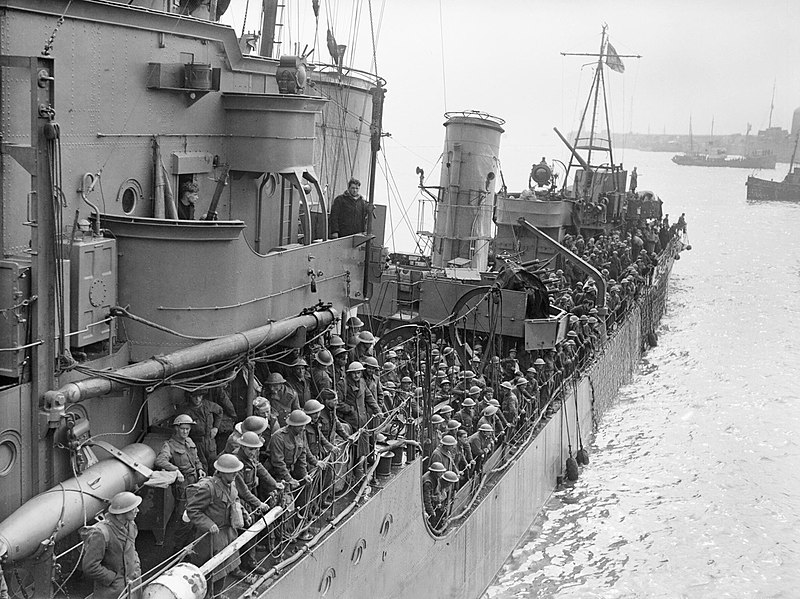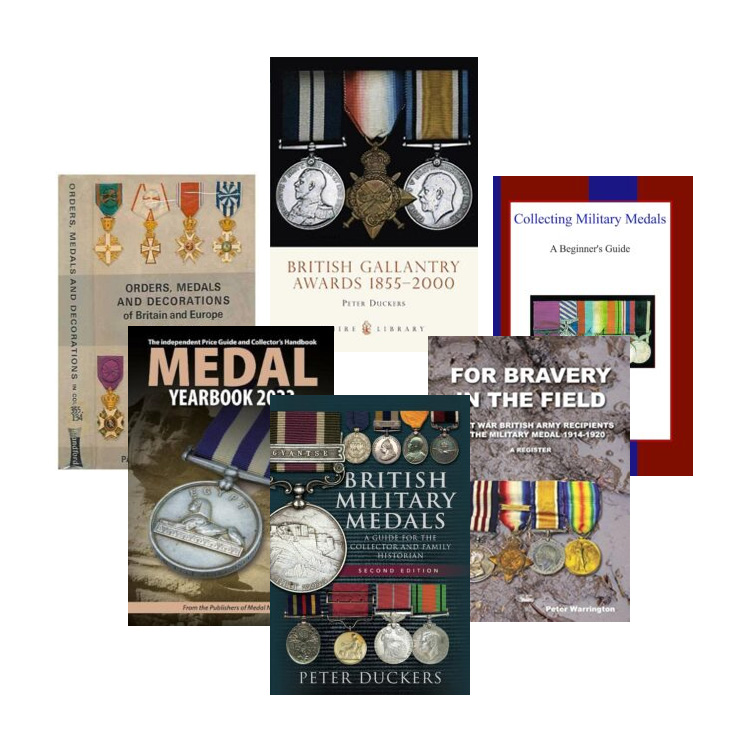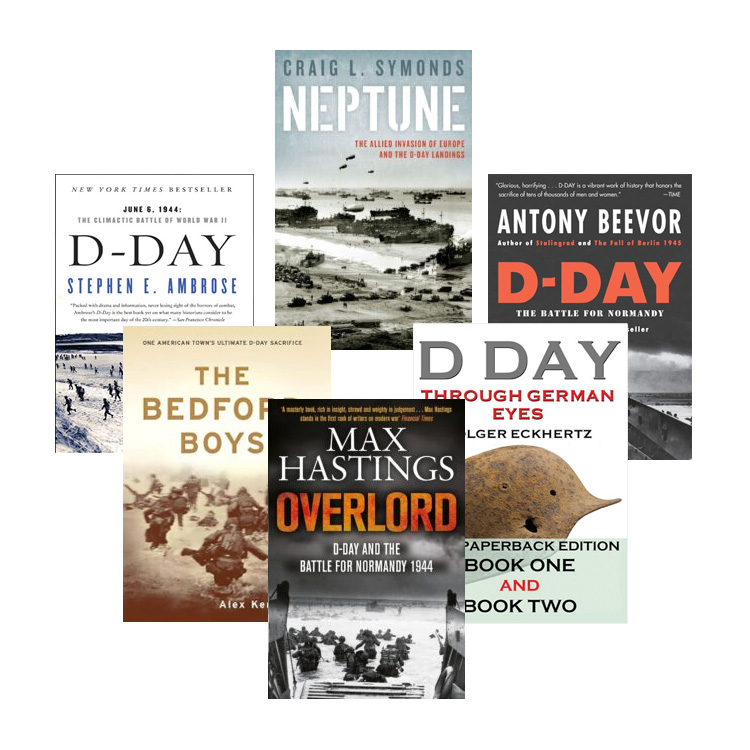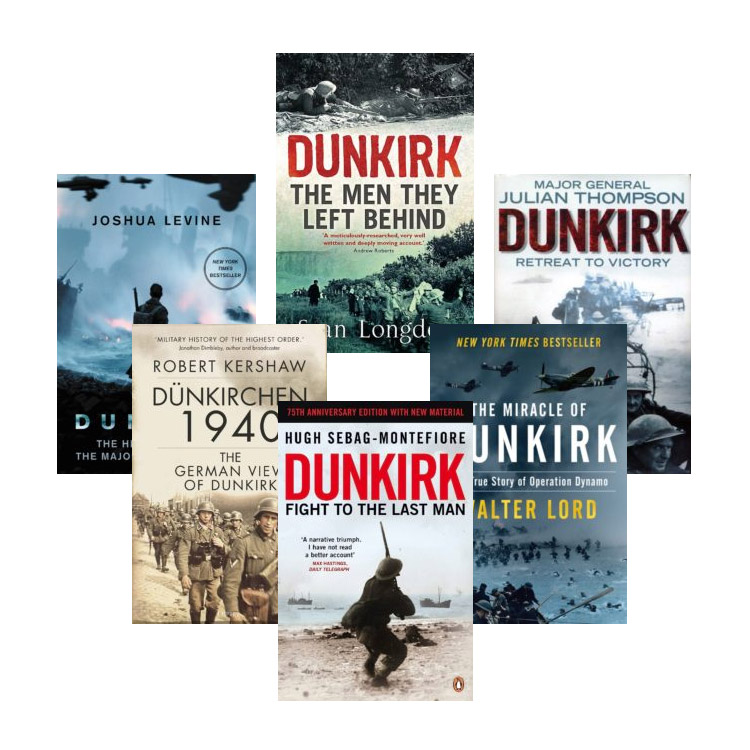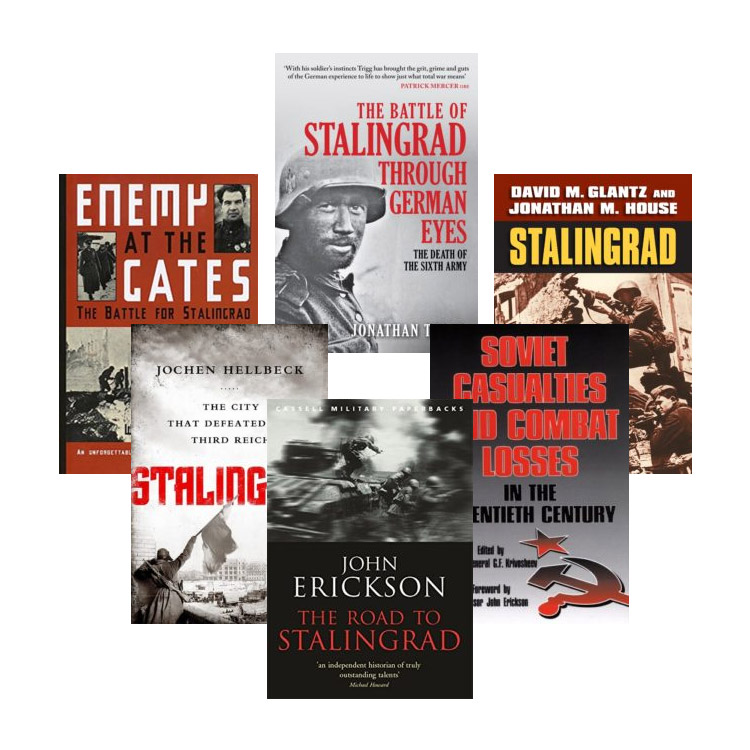World War II stands as one of the most significant and transformative periods in human history. if you want to understand the complexities, sacrifices, and enduring legacies of this monumental conflict, a great gateway to do so is through books. There are countless works of literature dedicated to World War II, so let’s embark on a journey to delve into the depths of this pivotal moment.
From personal narratives to historical accounts, these powerful WW2 books will shed light on the triumphs, tragedies, and human resilience that defined the Second World War. So, let’s navigate through a few odf the most captivating narratives of then and now, uncovering the profound stories that capture the essence of WW2 and its impact on our world.
Why is it Important to Learn (and Read) About WW2?
World War II was a deeply defining moment in global history. On the one hand, studying it can allow us to reflect on the devastating consequences of intolerance, hatred, and the dangers of unchecked nationalism. WW2 is, after all, a stark reminder of the importance of promoting peace, tolerance, and understanding among nations and peoples.
The development of this conflict also saw immense sacrifices by millions of individuals, including soldiers, civilians, and resistance fighters. So, learning about the war helps us appreciate the bravery, resilience, and selflessness of those who fought and suffered during the Second World War, ensuring that their sacrifices are remembered and honored.
The consequences of WW2 are far-reaching and continue to shape our world today. Plus, by examining the causes and consequences of the war, we can identify patterns and factors that contribute to conflicts and work towards preventing similar catastrophic events in the future.
The Best Books About World War II
World War II has left an indelible mark on literature, art, and popular culture. As a consequence, you can find many perspectives and approaches to understanding this significant period.
In the list below, you will find books in the following categories: Historical Accounts, Personal Memoirs, and Biographies.
Although there are other ways to classify WW2 books (for example, by focusing on Holocaust literature, fictional WW2 literature, resistance and espionage, military strategy, or home front and civilian experience, we’ll cover these in more detail in upcoming articles.
WW2 Books: Top 5 Historical Accounts
These books provide in-depth analyses of the war’s causes, significant events, and outcomes and offer a comprehensive overview of the military strategies, political developments, and social implications of the conflict.
The Second World War by Anthony Beevor
This comprehensive and meticulously researched book offers a panoramic view of the war, covering both the European and Pacific theaters. Beevor combines strategic analysis with personal stories, presenting a vivid and compelling narrative of the conflict’s major events, military campaigns, and the experiences of soldiers and civilians.
This book is an absolute must-read for anyone seeking a comprehensive understanding of World War II.
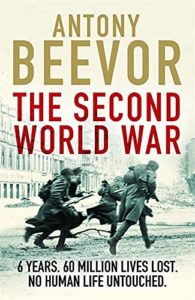
The Rise and Fall of the Third Reich by William L. Shire
Considered a seminal work, this authoritative account by journalist William L. Shirer chronicles the rise of Adolf Hitler and the Nazi regime, as well as the subsequent events leading to their downfall. Shirer’s firsthand experiences as a correspondent in Nazi Germany provide unique insights into the political, social, and ideological forces that shaped the war.
This book is an indispensable resource for anyone interested in understanding the darkest chapters of human history.
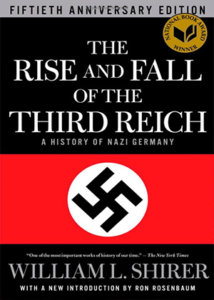
D-Day: The Battle for Normandy by Antony Beevor
Focusing on the pivotal D-Day invasion of June 6, 1944, Beevor meticulously examines the planning, execution, and aftermath of this monumental operation. Drawing from a wide range of sources and interviews, the book vividly portrays the intense struggles faced by the Allied forces as they sought to establish a foothold in Nazi-occupied Europe.
This book is a must-read for anyone seeking a deeper understanding of the monumental events of D-Day and their significance in shaping the outcome of the war.
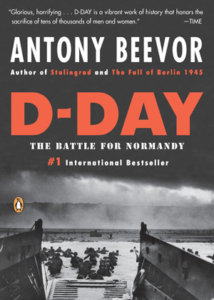
The Guns of August by Barbara W. Tuchman
While primarily focused on the events leading up to World War I, this Pulitzer Prize-winning book also provides valuable insights into the political and diplomatic landscape that set the stage for World War II. Tuchman meticulously examines the military strategies, key decisions, and political dynamics of the war’s early stages, offering a gripping narrative that sheds light on the complex origins of the conflict.
“The Guns of August” is an absolute must-read for anyone interested in understanding the origins and early stages of World War I – and its relaiton to WW2.
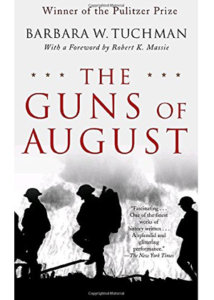
The Third Reich Trilogy by Richard J. Evans
This comprehensive trilogy includes three books: “The Coming of the Third Reich,” “The Third Reich in Power,” and “The Third Reich at War.” Spanning the entire history of the Nazi regime, Evans provides a detailed and authoritative account of Hitler’s rise to power, the consolidation of Nazi control, and the progression of the war. The trilogy offers a comprehensive and well-researched exploration of the political, social, and military aspects of the Third Reich.
Evans’ writing is accessible yet scholarly, making this trilogy an essential resource for those seeking a comprehensive study of the Third Reich. Evans’s work is a remarkable achievement that sheds light on one of the darkest periods in human history.
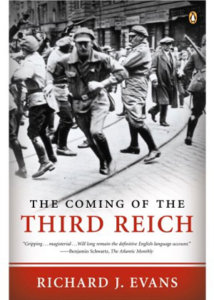
WW2 Books: Top 5 Personal Memoirs
Personal accounts, diaries, and memoirs offer firsthand perspectives on the experiences of individuals who lived through World War II. These intimate narratives provide insights into the daily lives, struggles, and triumphs of soldiers, civilians, resistance fighters, and Holocaust survivors.
These personal memoirs offer intimate and personal narratives, allowing readers to connect with the individual experiences, emotions, and challenges faced by ordinary people during World War II. They also provide a humanizing and profound perspective on the impact of the war on individuals and communities.
The Diary of a Young Girl by Anne Frank
Anne Frank’s poignant diary, written while she and her family hid from the Nazis in Amsterdam, captures the personal struggles, hopes, and fears of a young Jewish girl during the war. It serves as a powerful testament to the human spirit and a stark reminder of the atrocities committed during the Holocaust.
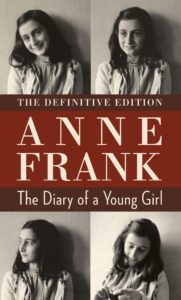
With the Old Breed: At Peleliu and Okinawa by E.B. Sledge
This memoir provides a raw and gripping firsthand account of the Pacific War. Sledge, a Marine, vividly describes the brutal combat experiences, camaraderie, and the psychological toll of the battles at Peleliu and Okinawa, offering a deeply personal perspective on the war in the Pacific.
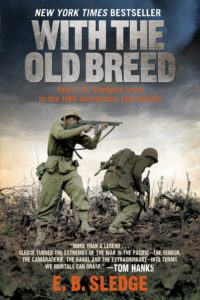
The Hiding Place by Corrie Ten Boom
Corrie ten Boom, a Dutch Christian, recounts her family’s experiences as they sheltered Jews and resisted the Nazis in occupied Holland. This memoir chronicles their courageous efforts, their arrest, and their subsequent imprisonment in concentration camps, showcasing the resilience and power of faith during times of adversity.
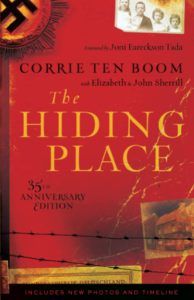
If This Is a Man by Primo Levi
Primo Levi, an Italian Jewish chemist, shares his harrowing experiences as a Holocaust survivor in this memoir. Levi’s powerful account delves into the dehumanizing conditions of Auschwitz and the psychological impact of the Holocaust, offering profound reflections on human nature and the capacity for both cruelty and resilience.
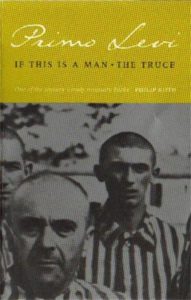
A Woman in Berlin: Eight Weeks in the Conquered City by Anonymous
This anonymous memoir provides a unique perspective on World War II from a German woman living in Berlin during the final weeks of the war. The author chronicles the challenges, hardships, and struggles for survival in a city ravaged by war and occupied by Soviet forces, offering a personal and often overlooked viewpoint.
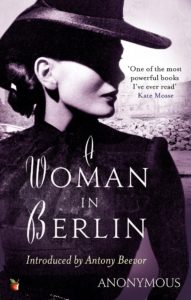
WW2 Books: Top 5 Biographies
Biographies focus on the lives and contributions of key figures during World War II, such as political leaders, military commanders, resistance leaders, and ordinary individuals who played significant roles. These books provide insights into their motivations, actions, and the impact they had on the course of the war.
The Longest Winter: The Battle of the Bulge and the Epic Story of WWII's Most Decorated Platoon by Alex Kershaw
This gripping biography follows the story of a group of American soldiers who fought in the Battle of the Bulge. Kershaw provides a vivid and personal account of their experiences, hardships, and remarkable bravery in one of the war’s most significant battles.
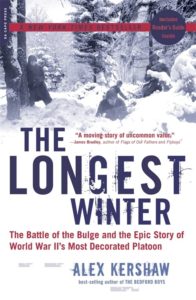
Rise and Fall of Adolf Hitler by William L. Shirer
In this biography, Shirer delves into the life and career of Adolf Hitler, tracing his rise to power, the establishment of the Nazi regime, and the subsequent events leading to its downfall. Shirer’s comprehensive research and firsthand experiences as a journalist in Nazi Germany provide valuable insights into Hitler’s personality, motivations, and impact on World War II.
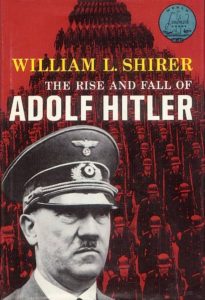
Churchill: A Life by Martin Gilbert
Martin Gilbert’s biography offers a comprehensive exploration of the life and leadership of Winston Churchill, one of the central figures of World War II. This meticulously researched work delves into Churchill’s political career, his wartime decisions, and his influential role in shaping the outcome of the conflict.
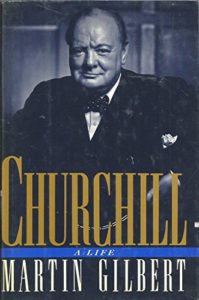
Eisenhower: Soldier and President by Stephen E. Ambrose
This biography delves into the life of General Dwight D. Eisenhower, who played a pivotal role as the Supreme Commander of the Allied Expeditionary Force during World War II and later served as the President of the United States. Ambrose’s book explores Eisenhower’s military leadership, strategic decisions, and his transition to politics.
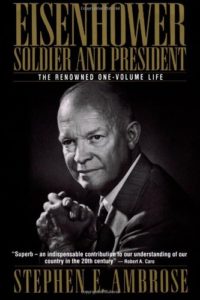
An Army at Dawn: The War in North Africa, 1942-1943 by Rick Atkinson
While not a traditional biography, this Pulitzer Prize-winning book provides a detailed and engrossing account of the Allied campaign in North Africa during World War II. Atkinson weaves together the stories of various military leaders, including General Dwight D. Eisenhower, as they strategize and lead their forces in the challenging desert terrain. The book offers a comprehensive examination of the personalities, decisions, and challenges faced by these leaders in a critical theater of the war.
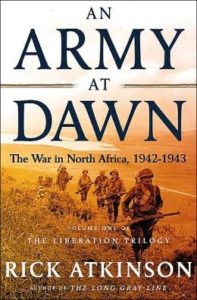
Conclusion: Reading About World War II
From gripping historical accounts and personal memoirs to illuminating biographies, the books I’ve selected provide invaluable insights into the causes, events, and lasting impacts of the Second World War.
Whether you’re seeking a gripping narrative, a scholarly analysis, or a personal connection to the people and events of WW2, these books will offer an immersive and enlightening journey. So, engage with the triumphs and tragedies, the heroes and villains, and the profound human experiences that defined this transformative period.

